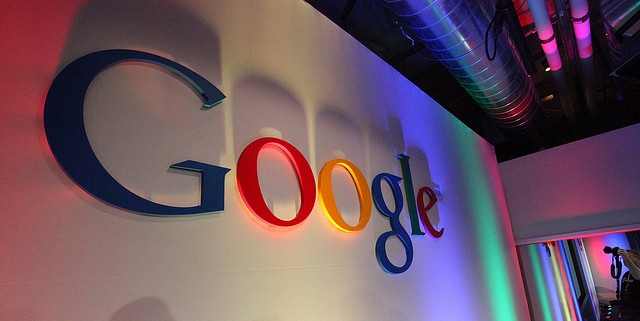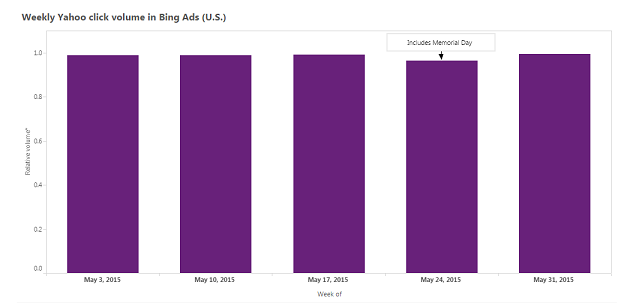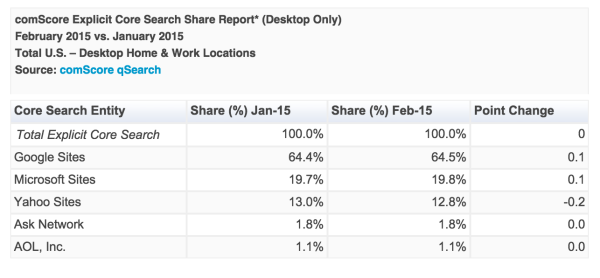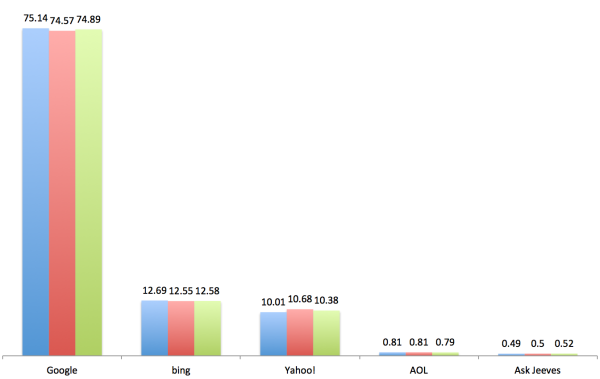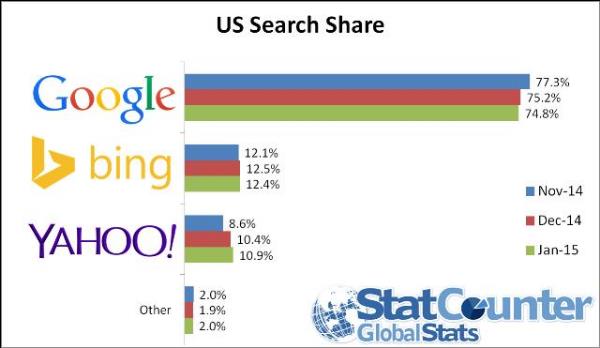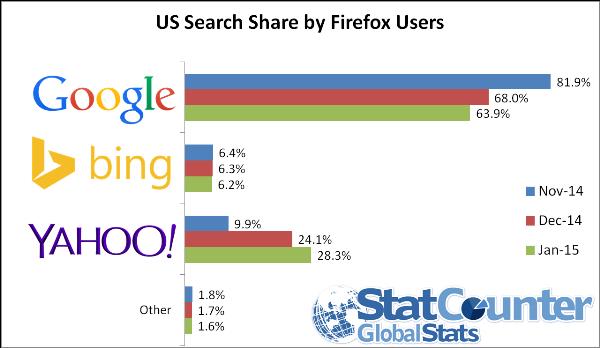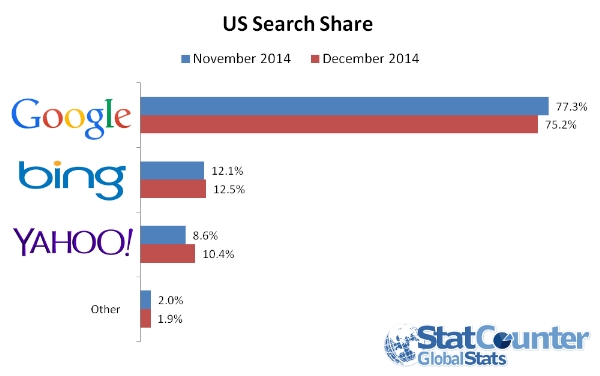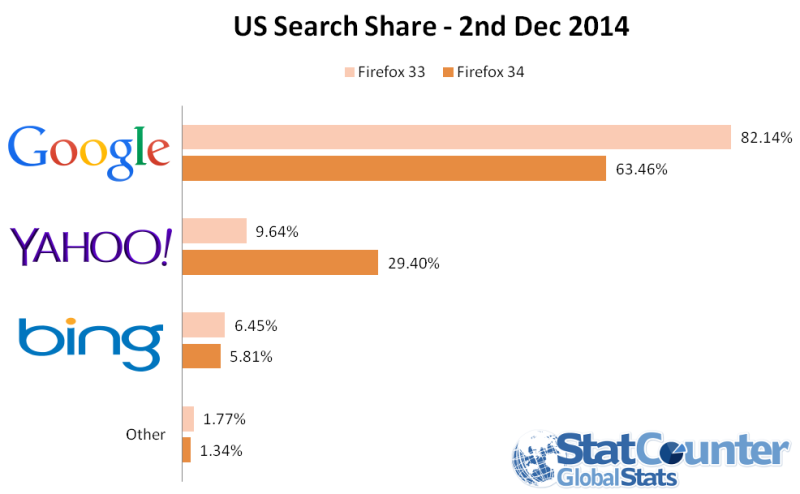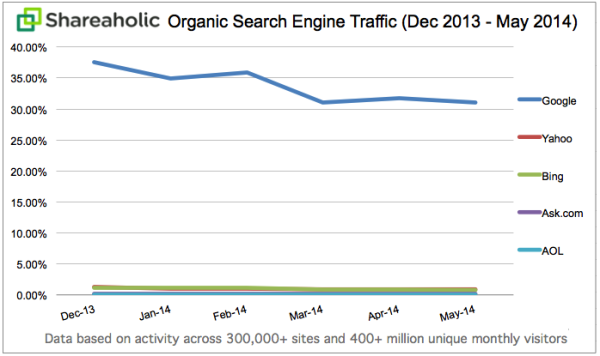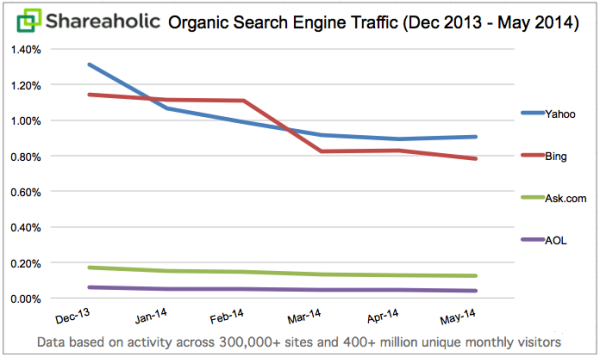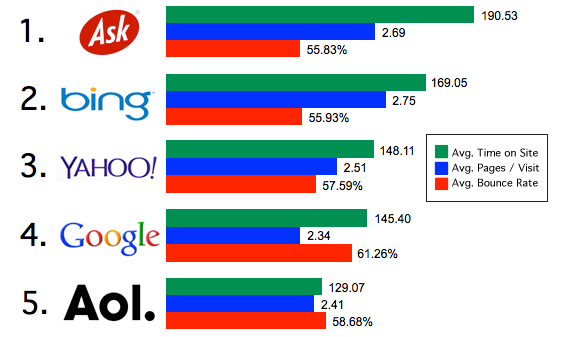
It’s that time of year again. The ‘best of’ and ‘year in review’ lists are rolling out as we near the new year. The first search engine to get in on the fun is Yahoo, who revealed its year in review for 2016, including search data from sister companies Polyvore, Tumblr, and Flickr.
As you can expect, the election and other major current events dominated much of the search results for the year. But, you can also see other trends that show exactly what people were interested in, like the top companies and lifestyle searches for 2016.
Yahoo’s overall top searches include:
- 2016 Election
- Donald Trump
- Roblox
- Gwen Stefani
- 2016 Olympics
- Khloe Kardashian
- Megyn Kelly
- Jodie Sweetin
- Kim Kardashian-West
- Hillary Clinton
Yahoo’s top news stories, according to Yahoo News, include:
- Election Day
- Prince Dies
- Pulse Nightclub Massacre
- Deadly Attack in Istanbul
- Hurricane Matthew
- Baton Rouge Police Shooting
- EgyptAir Flight 804 Located
- Trump Protests
- Clinton Emails
- Presidential Debates
Perhaps the most surprising part of Yahoo’s list isn’t who appears, but who is omitted. Google is conspicuously absent in the list of top companies from Yahoo Finance. Considering the list is based on the top-read stories rather than top searches, it is rather strange to see Google entirely absent.
Yahoo’s list of top companies, according to Yahoo Finance, include:
- Apple
- Bank of America
- Amazon
- Tesla
- Alibaba
- Valeant Pharmaceuticals
- Ford
- Wells Fargo

